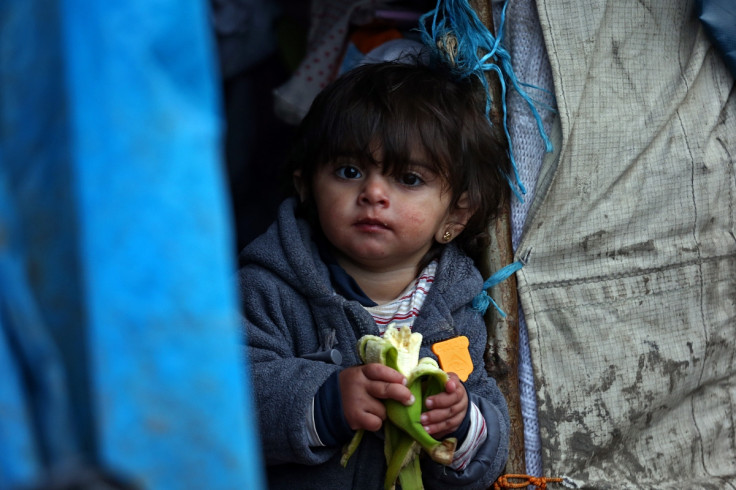MPs reject Immigration Bill allowing the UK to accept 3,000 unaccompanied child refugees

MPs have voted against an attempt to force the UK to allow 3,000 unaccompanied child refugees into the country from around Europe. The Labour amendment to the Immigration Bill was tabled by Lord Dubs who argued that children who had already travelled to Europe and are living in locations like the infamous "Jungle" camp in Calais, should be allowed into Britain.
Despite Labour, SNP, and Liberal Democrat support, the Lord Dubs amendment was rejected by 294 to 276. The Government position is that the UK will allow 3,000 refugees, mostly vulnerable children, from camps in the war-torn Syria region by 2020.
Other ministers had argued that by accepting more lone children could mean more vulnerable children, already in Europe, would be prone to traffickers, a position that Liberal Democrat leader Tim Farron dismissed as "bogus".
In a statement after the vote, the Liberal Democrats said: "In the past, Britain has consistently stood up for the for the best in human nature... tonight the Government has dishonoured that legacy. The Government have closed their eyes to those in need."
Even Conservative backbencher Stephen Phillips was swayed by the amendment saying in Westminster earlier: "These children are already in Europe. They are alone, far from their families, they are cold, frightened, hungry, frequently without help or access to those who might help or protect them."
Campaigners, including charity Save the Children were also calling for the UK to take more unaccompanied children whilst Green Party MP Caroline Lucas said the decision was "shameful". Labour peers said they would propose an alternative amendment in the Lords on Tuesday 26 April, if successful, the matter may return to the Commons.
With majority of 18, Govt wins vote on preventing 3000 refugee children from seeking refuge in UK #shameful #refugeeswelcome #DubsAmendment
— Caroline Lucas (@CarolineLucas) April 25, 2016
Tonight I voted for the UK to help 3,000 vulnerable child refugees fleeing unimaginable horror. Sadly the Gov didn't listen #DubsAmendment
— Jo Cox MP (@Jo_Cox1) April 25, 2016
That tories would defeat the #DubsAmendment and condemn more refugee children to misery tells you that they only care about money and the 1%
— Harry Leslie Smith (@Harryslaststand) April 25, 2016
Immigration Minister James Brokenshire had previously insisted that the Government was helping countries ensure the safety of refugees, telling the BBC: "Our starting principle is that we must put the best interests of children first and avoid any policy that places children at additional risk or encourages them to place their lives in the hands of people traffickers and criminal gangs.
"In any response we need to be careful not to inadvertently create a situation in which families see an advantage in sending children ahead, alone and in the hands of traffickers, putting their lives at risk by attempting treacherous sea crossings to Europe."
© Copyright IBTimes 2025. All rights reserved.






















